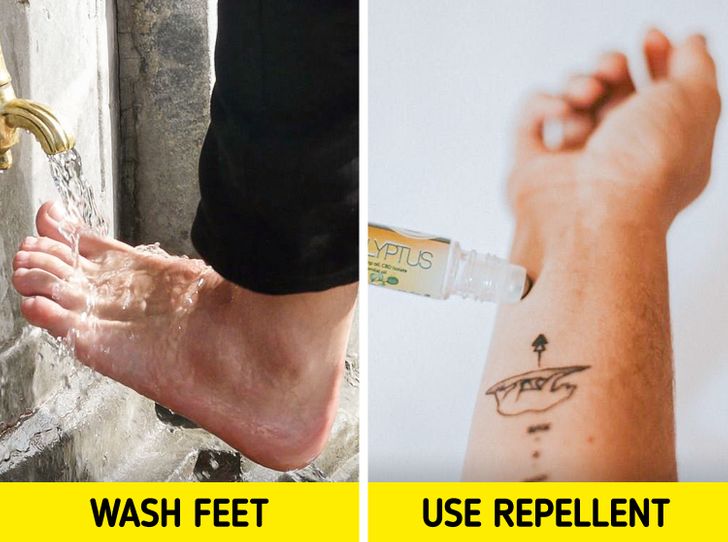If a fairy came and said " I'll grant you one wish and one wish only " then I'll say " Capture all pests ( insects ) in the world in a plastic bottle and burn that bottle in the core of the Sun. "
What Happens to Your Body When a Mosquito Bites You
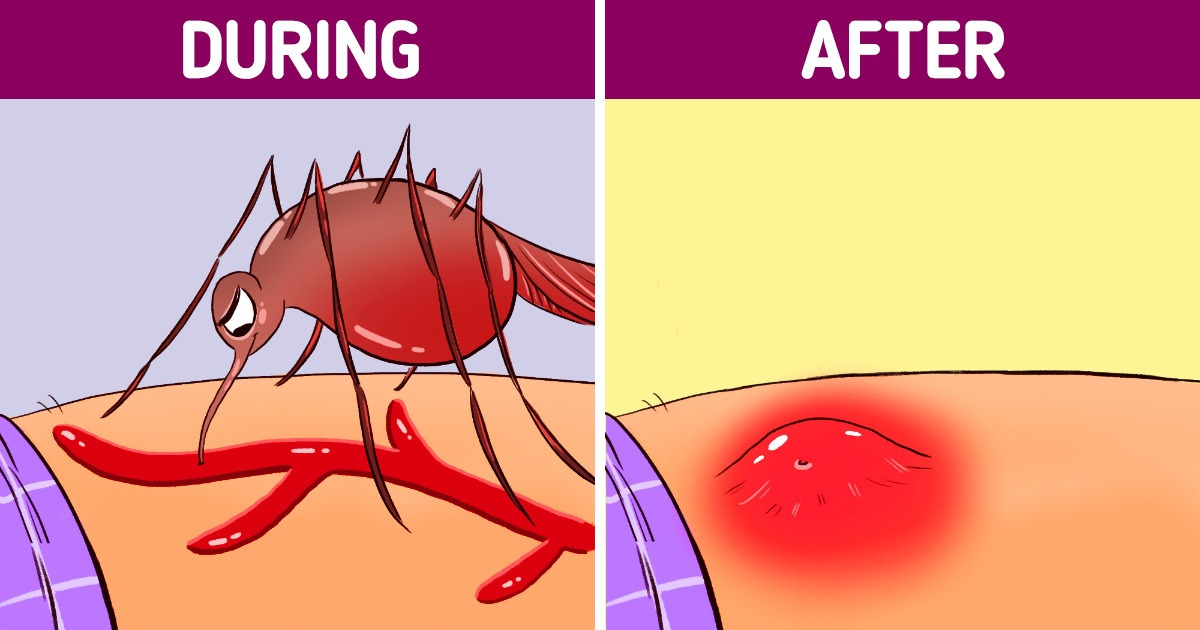
The word “mosquito” first and foremost reminds us of the itching and swelling that happens after its bites. But we rarely think of what’s going on while this insect is feeding on us and what actually makes us scratch ourselves. According to research the reason is in the mosquito’s saliva.
Bright Side explains what happens with you before, during, and after a mosquito bite. In the end, you can also find a bonus that will tell you how to fight our buzzing friends.
Mosquitoes spit on your skin to relieve pain.
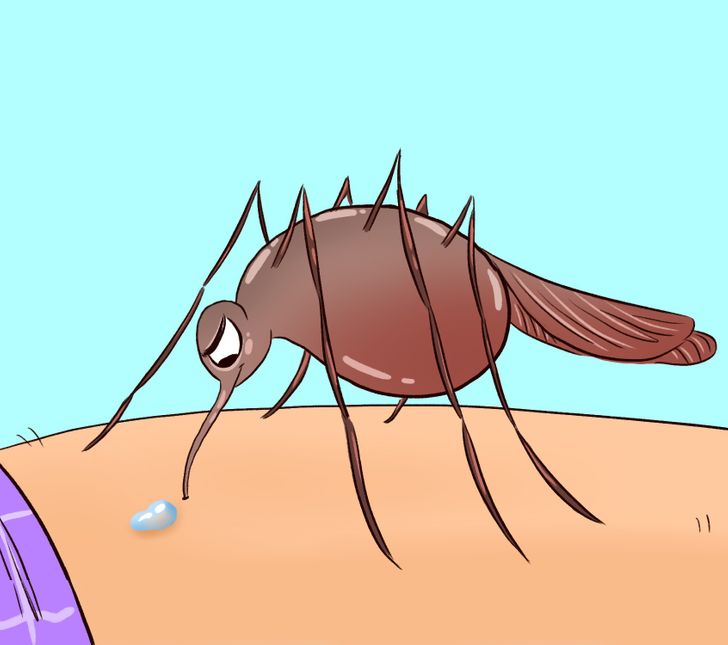
As a study shows, a mosquito needs about 4 minutes to fill its stomach with blood. The problem is that during this time their victim might notice and kill it before the mission is complete. Let alone the fact that the bite itself is painful, which could mean that the aggressor can be found even faster.
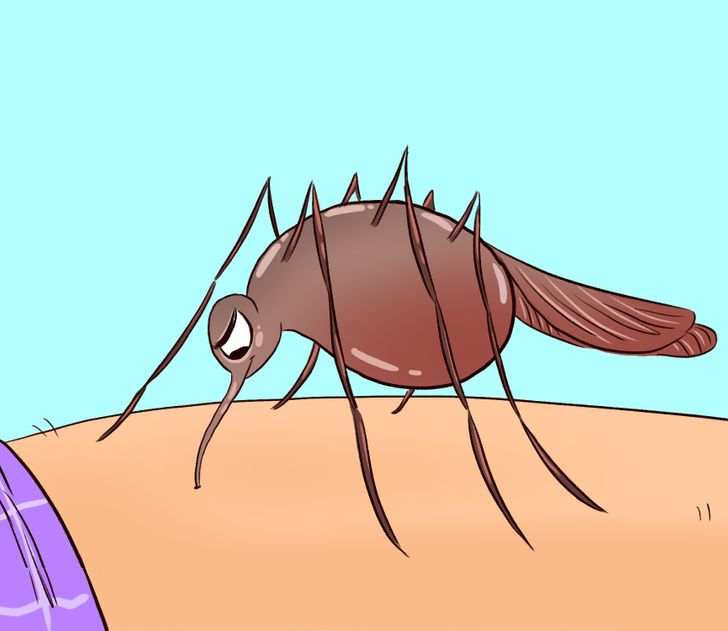
A mosquito’s saliva has an agent that numbs the skin. So after an insect spits on us, we don’t feel the bite. After that our little buzzy friends start looking for blood vessels under the skin. They probe a number of times until they find something to feed on.
Saliva helps them suck blood easier.
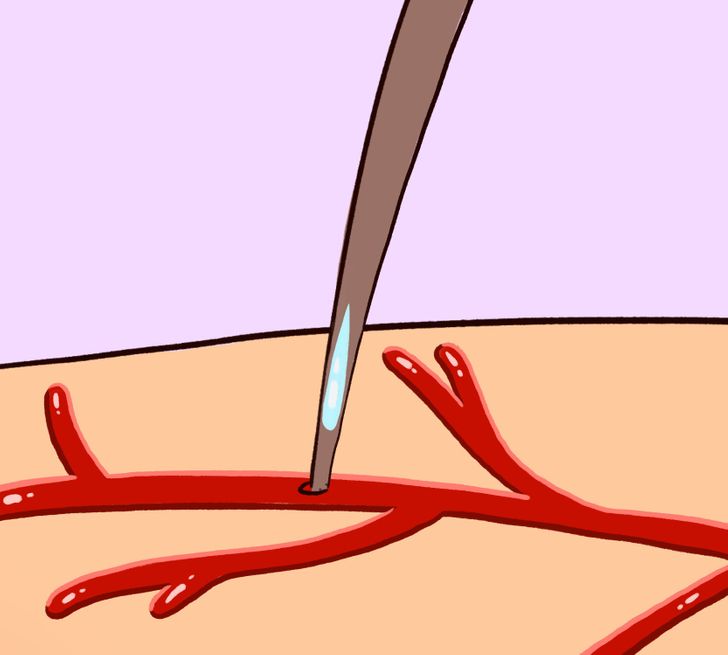
As soon as the vein is found the mosquito releases the spit once again. It contains more than 100 proteins that serve different purposes — one of which is makes it so the blood doesn’t clot. This way it is easier to suck.
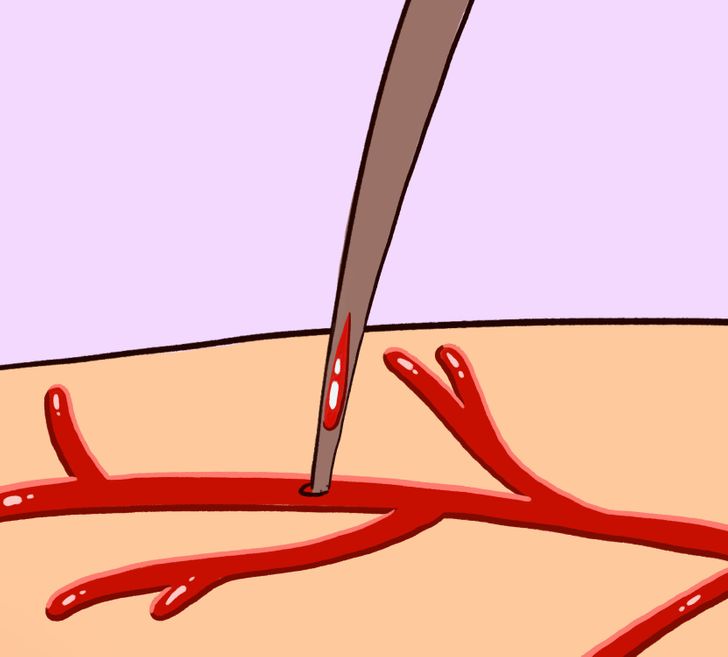
The thing is that after the vein is damaged, our body starts to heal it. This could prevent an insect from feeding on it. But these cunning creatures found a way to bypass this. As the study says, mosquito spit has an agent that stops this process and dilates blood vessels.
The bites itch because we are allergic to them.
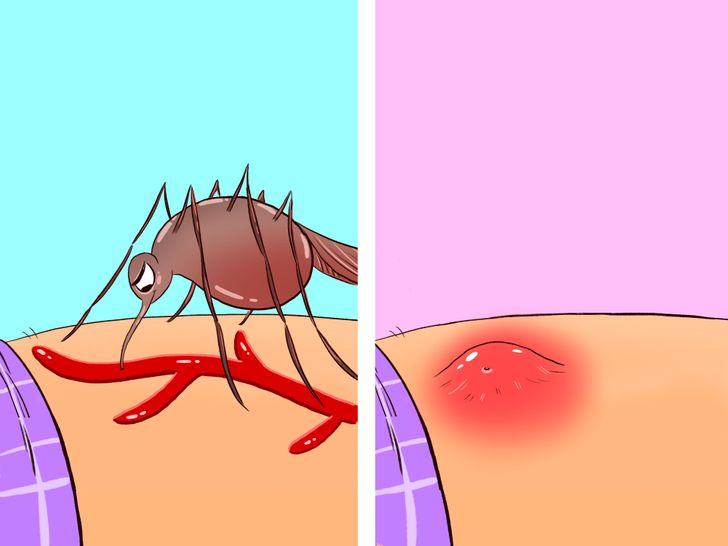
Blame it on the saliva again. A bite contains non-toxic proteins which can result in itching, redness, and swelling — at different severity levels. And there are people who don’t have allergies at all.
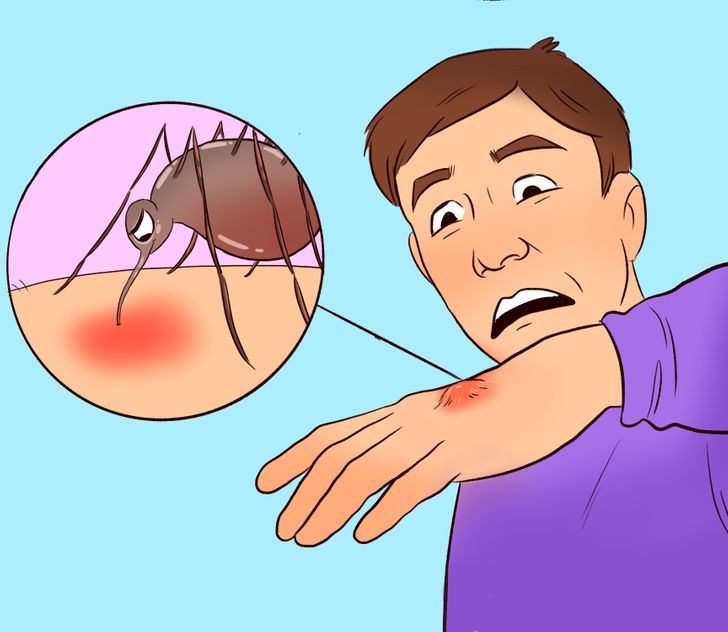
Your reactions to your first mosquito bites are the most severe, even more so than if you are constantly bitten over the course of 2-20 years in a row. Mosquitos lay eggs in still water so they can’t breed in places where it is covered with ice for most of the year. As a result they don’t bite people very often who live there. But if you move from there to some tropical place the first bites might be hard for you to deal with.
Bonus: Things we can do to get less bites.
According to research, mosquitoes are attracted to us because of our odor, which is produced by different microbes living on our skin. That is why washing feet with bactericidal soap might make insects avoid biting you. It is also important to use a repellent. Apart from the synthetic ones, you can use eucalyptus oil which has proved to be effective against mosquito bites.
Are you one of those who often gets bitten by mosquitoes or do you hardly get bitten at all? What do you do to protect yourself from mosquitoes?
Comments
Related Reads
My Boss Tried to Ruin My Christmas Plans—I Got the Last Laugh
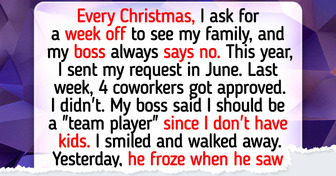
I Refused to Keep My Pregnancy Secret Just Because My Sister Lost Her Baby
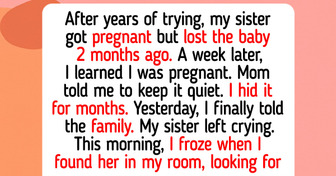
I Refused to Go to Work After a Family Emergency—HR Got Involved
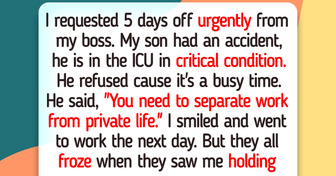
10 Sassy Comebacks That Silenced Rooms in a Second
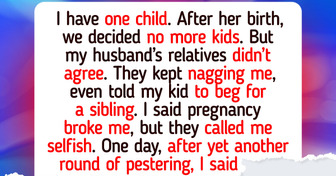
15 True Stories With Mind-Blowing Endings That Could Rival Hollywood

15 People Who Didn’t Want a Cat but Were Chosen by Fate Anyway

12 Stories That Prove Quiet Kindness Survives When All Else Fails
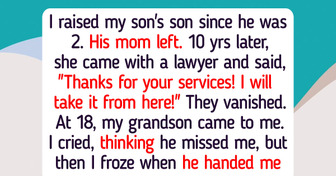
18 Stories That Show Kindness Can Be the Strongest Force of All

I Got Fired the Day Before My Vacation—And HR’s Policy Was Their Biggest Mistake

My Dad Let Me Believe a Heartbreaking Story About My Mom, and I Refuse to Let Him Get Away With It

I Refuse to Let My Stepson Trash My Cooking While Praising His Mom’s

11 Times Quiet Kindness Lit a Spark in Someone’s Eyes Again

